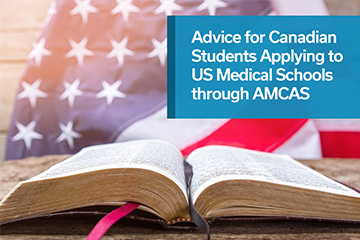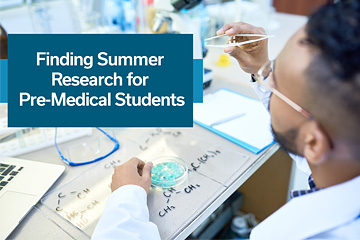
Medical School Interview Questions and Answers
This blog was written by a University of Toronto medical student in first year. This student has been a consultant with MD Consultants for almost a year.
Disclaimer: the following responses are my opinion alone and do not represent those of the University of Toronto. All information provided here is not privileged and is publicly available online
Why did you decide on the University of Toronto for medical school instead of other schools?
I decided to attend the University of Toronto because it is recognized as a world leader in medical education, and consistently ranks as the top medical school in Canada. The opportunities here are boundless; from exploring fascinating yet rare sub-specialties unavailable elsewhere to conducting cutting edge research that will make a real difference in patients’ lives. I wanted to train with the best, and the best are at the University of Toronto
Are there any specific question types or themes that the University of Toronto emphasizes in their interviews?
I cannot reveal information surrounding my admissions interview for confidentiality purposes however I would encourage all candidates to review the four clusters available on the admissions web site. All non-academic components are evaluated according to these clusters.
If you could redo your medical interviews, what would you do differently?
If I could redo my medical interviews I think I would try to have a bit more fun and not stress as much. Interview day is sort of like a celebration. It’s an opportunity for you to celebrate how far you’ve come and to show your excitement for what’s to come. Let the interviewers get to know the real you.
What is the best way to study for medical interviews? Can you study too little/too much?
I don’t think there is a single best way to study for the medical interviews. Different methods work for different people. I would suggest taking some time to self-reflect about the experiences that have gotten you to this point. Also, take some time to re-familiarize yourself with your application and try to tie everything together with a story that is unique to you. You can definitely study too little/too much, it all depends what makes you the most comfortable.
Do you have to sound empathetic but still a leader and all other characteristics of a good physician in every answer or can you just answer the questions as you logically would?
I would encourage you to take some time to look at the CANMEDs framework available on the Royal College of Physicians and Surgeons of Canada website. It’s main purpose is “to define the necessary competencies for all areas of medical practice and provide a comprehensive foundation for medical education and practice in Canada.” Use this as a guide for what qualities you should develop in order to make you a good candidate for medical school and later as a good physician.
Should you have answers prepared prior to the interviews for common questions?
Some people like preparing and others like being spontaneous. Each method has advantages, and you may need to strike a balance between sounding rehearsed and sounding genuine. Perhaps try some practice questions and see what works best for you. Once again, there’s no right or wrong way to approach the medical school interview.
What should you do if you finish your answer to the question before the time is up? Will you be cut off if you go over time?
If you finish your answer to the question before the time is up you can wait patiently until the next station. If your interviewer has follow-up questions they may be asked during this time. Each station is only a certain amount of time and you must proceed to the next station at the sound of the buzzer.
What are your top 3 pieces of advice before going into your first interview?
My top 3 pieces of advice before going into your first interview:
- Reflect on your experiences up to this point,
- Research the school you are interviewing at, and
- Have fun!





